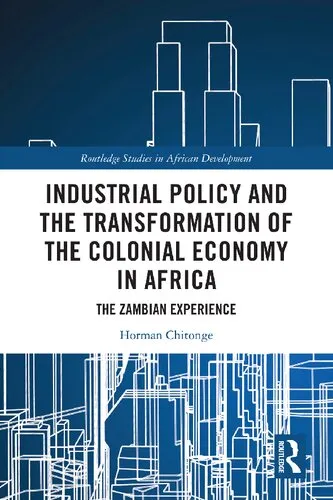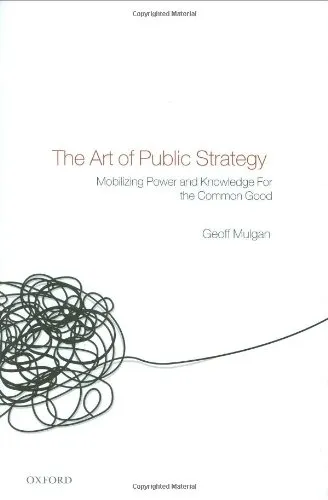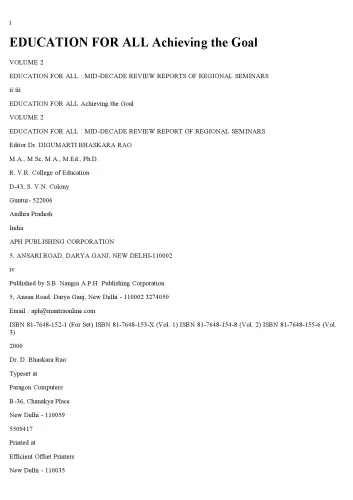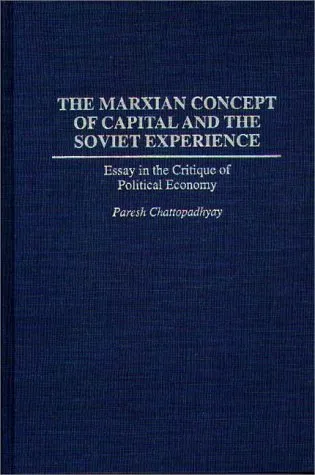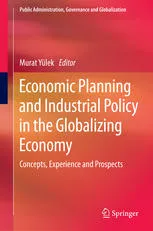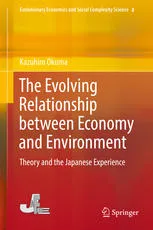Industrial Policy and the Transformation of the Colonial Economy in Africa: The Zambian Experience
4.9
بر اساس نظر کاربران

شما میتونید سوالاتتون در باره کتاب رو از هوش مصنوعیش بعد از ورود بپرسید
هر دانلود یا پرسش از هوش مصنوعی 2 امتیاز لازم دارد، برای بدست آوردن امتیاز رایگان، به صفحه ی راهنمای امتیازات سر بزنید و یک سری کار ارزشمند انجام بدینکتاب های مرتبط:
معرفی کتاب
کتاب Industrial Policy and the Transformation of the Colonial Economy in Africa: The Zambian Experience توسط هورمان چیتونگه به بررسی و تحلیل نقش سیاستهای صنعتی در تحول اقتصاد مستعمراتی آفریقا با تمرکز ویژه بر تجربه زامبیا میپردازد. این کتاب به تفصیل روشهایی را که از طریق آن زامبیا توانسته است با بکارگیری سیاستهای صنعتی استراتژیک، اقتصاد خود را از ساختارهای استعماری آزاد کند، تحلیل میکند.
خلاصهای از کتاب
این کتاب نگاهی عمقی به تحولات اقتصادی زامبیا از زمان استعمار تا به امروز ارائه میدهد. ابتدای کتاب با مروری بر زمینههای تاریخی و اقتصادی زامبیا در عصر استعمار آغاز میشود. نویسنده سپس تاثیرات سیاست های صنعتی مختلف را بر تحول اقتصاد بررسی میکند و به تحلیل موفقیتها و شکستهای این سیاستها میپردازد. با استفاده از مطالعات موردی و دادههای دقیق، چیتونگه نشان میدهد که چگونه اجرای سیاستهایی مانند توسعه بخشهای معدنی و کشاورزی میتواند باعث تقویت بنیه اقتصادی ملی شود.
نکات کلیدی
- اهمیت سیاستهای صنعتی استراتژیک در توسعه اقتصادی کشورهای آفریقایی.
- نقش دولت در هدایت و پشتیبانی از تحول اقتصادی.
- بررسی مدلهای توسعه موفق و ناموفق در زامبیا و درسهایی که میتوان از آنها آموخت.
- تاثیر همکاریهای بینالمللی و سرمایهگذاری خارجی در حرکت به سمت رشد پایدار.
نقل قولهای مشهور از کتاب
- "سیاست صنعتی باید به عنوان ابزاری کلیدی در مسیر تحول اقتصادی مورد استفاده قرار گیرد، نه به عنوان یک هدف ساده."
- "زامبیا با تاکید بر توسعه زیرساختها و بخشهای کلیدی اقتصادی، توانسته است مبنایی برای یک اقتصاد چندجانبه و استوار بیافریند."
چرا این کتاب مهم است؟
این کتاب برای پژوهشگران و سیاستگذاران اقتصادی در آفریقا اهمیت بسیاری دارد، چون نگاهی دقیق و تحلیلی به تجربه زامبیا ارائه میدهد، که یک نمونه برجسته از چالشها و فرصتهای پیشروی کشورهای در حال توسعه است. استنتاجات و توصیههای این کتاب میتواند راهبردهایی برای سایر کشورهایی که به دنبال تحول از اقتصاد مستعمراتی به سمت مدلهای توسعه یافته هستند فراهم کند.
Introduction
In "Industrial Policy and the Transformation of the Colonial Economy in Africa: The Zambian Experience," we delve into the profound economic transitions that Zambia has undergone since gaining independence. This exploration is anchored in understanding how industrial policies have shaped Zambia's economic landscape, assessing their impacts, and considering lessons for broader African economic contexts. The book presents an in-depth analysis of the roles that colonial legacies and post-independence policies have played in steering Zambia's economic trajectory.
Detailed Summary of the Book
The book begins by charting the historical context of Zambia's economy, from its colonial roots to modern-day challenges. It provides a comprehensive examination of the industrial policies that have been implemented over the years and evaluates their effectiveness in transforming Zambia from a resource-dependent economy to a more diversified and industrialized entity.
Key discussions include the colonial economy's structure, characterized by extractive industries focusing primarily on copper mining. The narrative progresses to highlight how these colonial economic structures have persisted post-independence, posing challenges to economic transformation.
Further, the book scrutinizes Zambia's policy shifts, from liberal economic frameworks to more state-driven strategies, drawing attention to significant policy documents and programs aimed at fostering industrial growth. Emphasizing economic diversification, regional integration, and industrialization, these policies have been central to Zambia's economic planning.
Overall, this book not only assesses the successes and failures of these policies but also positions Zambia's experiences within the larger African context, suggesting pathways for sustainable economic growth across the continent.
Key Takeaways
- The continuity of colonial economic structures has been a significant barrier to industrial transformation in post-independence Zambia.
- The role of industrial policies is crucial in steering economies from resource dependency towards diversified industrialization.
- Zambia's journey offers valuable lessons for other African nations on balancing liberal economic reforms with strategic state intervention.
- Sector-specific policies, particularly in mining and agriculture, have broader implications for industrial development.
Famous Quotes from the Book
"Zambia's struggle to diversify its economy is not merely a local issue but a continental dilemma, one rooted in the enduring shadows of colonial economic frameworks."
"Industrial policy is not a relic of the past but a dynamic tool with the capacity to redefine the future of African economies."
Why This Book Matters
This book is an essential read for scholars, policymakers, and anyone interested in the economic development of Africa. By focusing on Zambia, it provides a case study of the broader African struggle against the constraints of colonial economic legacies. It proposes actionable insights and strategic frameworks that can inform future industrial policies aimed at sustainable growth and economic resilience across the continent.
Understanding the importance of effective industrial policies becomes ever more critical as Africa stands on the cusp of transformative economic changes, marked by technological advancements and shifts in global trade dynamics. This book invites readers to re-examine existing economic narratives and consider new possibilities for the continent's economic future.
دانلود رایگان مستقیم
شما میتونید سوالاتتون در باره کتاب رو از هوش مصنوعیش بعد از ورود بپرسید
دسترسی به کتابها از طریق پلتفرمهای قانونی و کتابخانههای عمومی نه تنها از حقوق نویسندگان و ناشران حمایت میکند، بلکه به پایداری فرهنگ کتابخوانی نیز کمک میرساند. پیش از دانلود، لحظهای به بررسی این گزینهها فکر کنید.
این کتاب رو در پلتفرم های دیگه ببینید
WorldCat به شما کمک میکنه تا کتاب ها رو در کتابخانه های سراسر دنیا پیدا کنید
امتیازها، نظرات تخصصی و صحبت ها درباره کتاب را در Goodreads ببینید
کتابهای کمیاب یا دست دوم را در AbeBooks پیدا کنید و بخرید
1619
بازدید4.9
امتیاز0
نظر98%
رضایتنظرات:
4.9
بر اساس 0 نظر کاربران
Questions & Answers
Ask questions about this book or help others by answering
No questions yet. Be the first to ask!
